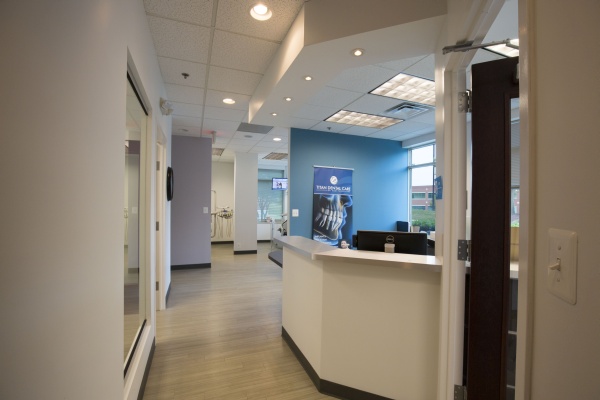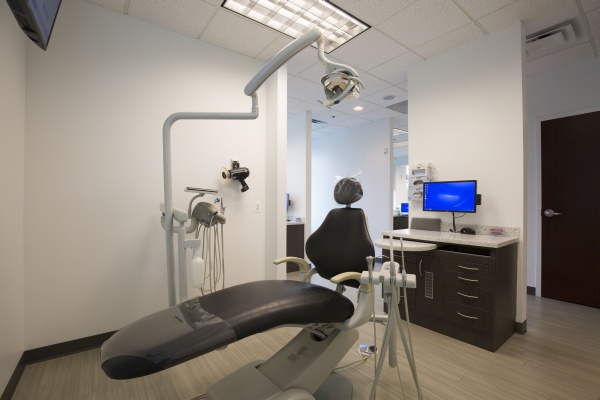How to Prepare for Oral Surgery

Some people will never need oral surgery to correct an issue in their mouth. However, if your dentist told you that you need a procedure, it can feel scary. Some processes are complex and may cause some discomfort. To help you feel more at ease, you should prepare yourself before the appointment.
Types of procedures
Most visits to the dentist are routine checkups. Others may include getting a filling or a crown. In more severe cases, the patient may need oral surgery. There are different types of oral operations that a person can have. Wisdom teeth extraction is one of the most common. Dentists may also perform jaw surgery, dental implants and biopsies to test for mouth cancer. Some people even visit the dentist to correct sleep apnea issues. The dentist can do this by removing soft tissue from the back of the mouth.
Speak to the dentist
No dentist should ever perform oral surgery on a patient without first explaining the details of the procedure. There will first be a consultation where the dentist will take X-rays and make impressions of the mouth. The dentist will also give the patient time to ask questions and share concerns. Patients can expect the dentist to be up-front about surgery side effects and the amount of pain and discomfort the person will feel.
Research the procedure
Plenty of online resources are available about oral surgery procedures. Patients should log on to respectable websites from dental associations and other health resources. Here, the person can learn more about the surgery and what will take place. There may be diagrams, pictures or even videos of the process. Researching the procedure can help the patient see the benefits of the surgery.
Talk to people about their experience
Oral surgery is not an uncommon occurrence. Patients of all ages have tooth extractions or reconstructive jaw operations. The patient could speak to family members, friends or co-workers about what they went through during oral surgery. This could provide the person with comfort to know that this individual recovered fully and enjoyed the benefits of the operation.
Choose the right dentist
Patients should make sure they are comfortable with the dentist that does the oral surgery. The person’s general practitioner may not do the surgery but may instead refer the patient to another dentist. Find out more about this dentist and the background of this professional’s work. It may also help to get familiar with the office and the staff before going in for the surgery.
Eliminate your oral surgery worries
It is normal for you to have stress and anxiety over your upcoming surgery. This is an important step in your oral health and your overall wellness. You can feel good about this process by doing some research, speaking with a dentist near you and getting recommendations from other people. Once you are ready for your procedure, make an appointment so you can correct your issues and feel well once more.
Request an appointment here: https://www.titandentalcare.com or call Titan Dental Care at (703) 745-3227 for an appointment in our Sterling office.
Check out what others are saying about our services on Yelp: Read our Yelp reviews.
Related Posts
It is important to adjust dentures when they cause concerns to help ensure the issues are resolved and to avoid more severe concerns and the need for denture replacement. Denture adjustments may be necessary when your dentures do not fit properly, experience minor damage, or are outdated and worn down.A denture adjustment involves minor improvements…
tooth fillings offer a simple approach with little to no pain. This dental restoration treatment has long been the standard for restoring and rebuilding teeth damaged by cavities, injury, or minor imperfections such as chips or cracks. When considering different dental restoration options, it is a good idea to get familiar with how each procedure…
An in-office professional dental cleaning is a crucial aspect of maintaining good oral health. While oral hygiene done at home is a great way to keep the teeth and gums healthy, it is important to see a general dentist on a regular basis for cleanings and examinations. Dental cleanings are simple, easy, and relatively painless,…
Choosing a general dentist to straighten your teeth is a great idea. General dentists are primary care dental providers, which means they understand everything there is to know about diagnosing, treating, and managing their patients' oral health. This type of dentist is the first dentist you would make an appointment with when experiencing any dental…


